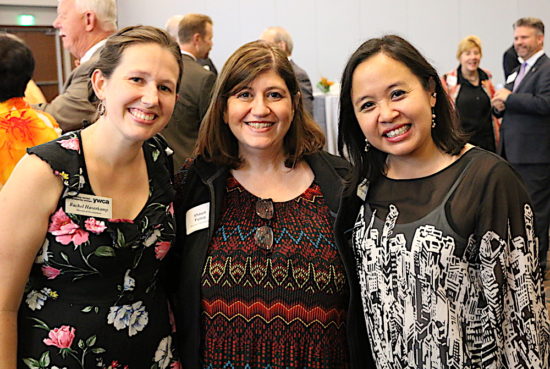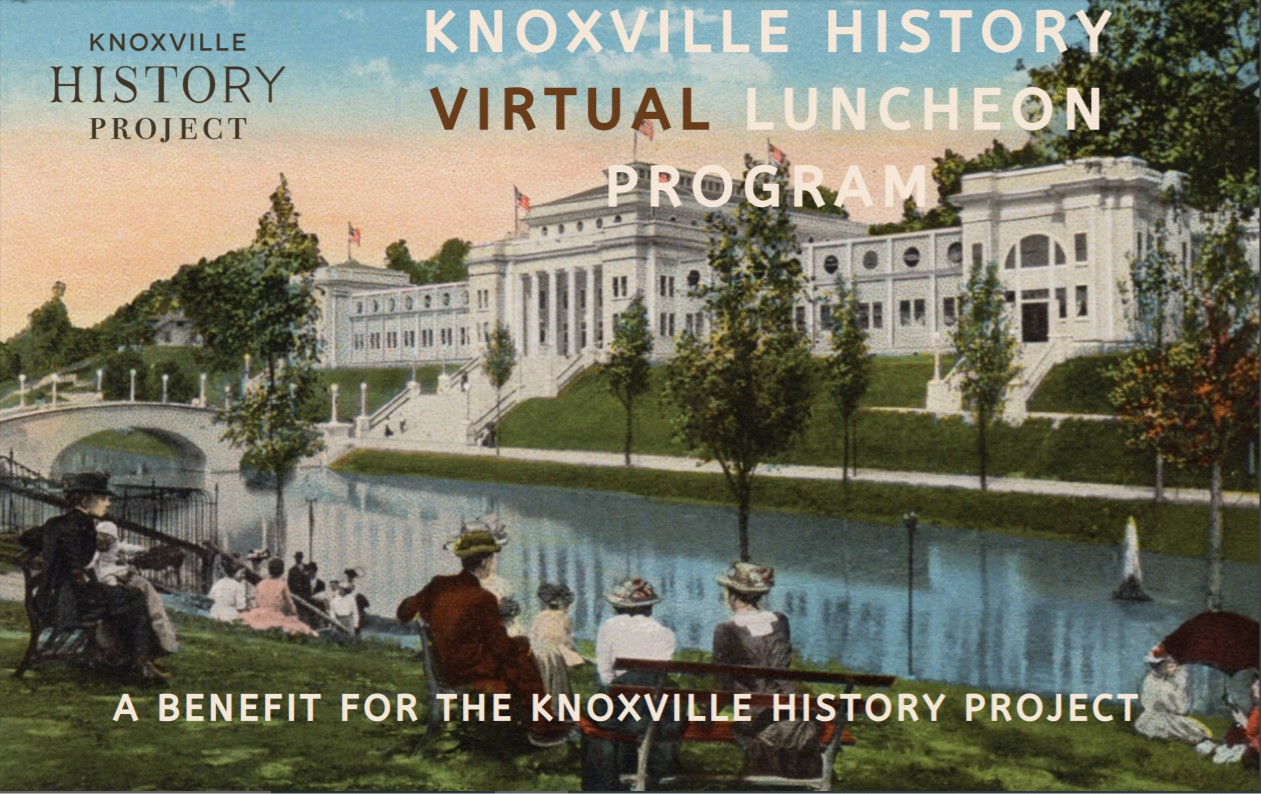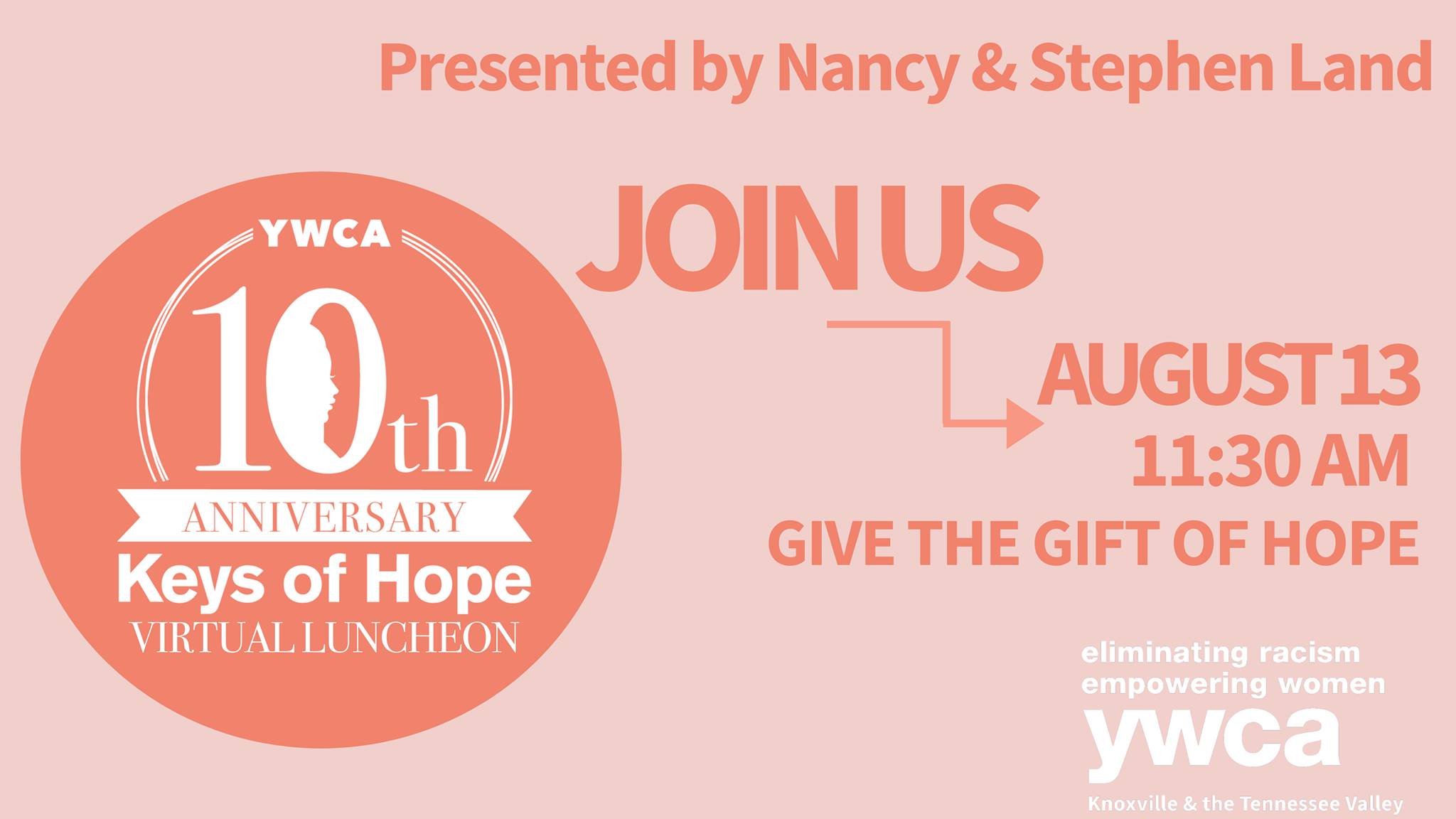Event booked. Event postponed. Fingers crossed event can happen in person … and now, you’re faced with moving to a virtual platform. How do you make that happen?
EventCheckKnox, the go-to resource community calendar for nonprofit events, has revised almost every entry in the calendar with a cancellation, postponement or virtual attendance information as event planners consider how events will proceed during COVID-19.
We dropped in with local nonprofits who are planning or have executed virtual events to provide some helpful insight. See the full list of tips mentioned throughout the post at the end.
Shaun Fulco, CFO for Moxley Carmichael and member of the Board of Directors for YWCA Knoxville & the Tennessee Valley, is involved in preparing for the 10th annual Keys of Hope Luncheon.

“The event was first postponed from May 7 to August 13. We considered many options, but in June, we confirmed our decision to move forward with a virtual luncheon,” Fulco said. “The format of the program will be the same as previous in-person events. Table hosts will now be recognized as sponsors, and each can invite as many attendees as they wish since we’re not limited by table size!
“Guests will be able to donate or pledge online during the event. We reviewed several donation platforms and will be using Swell Fundraising.”
Swell Fundraising is a software company specializing in online fundraising and virtual events with livestream integration, event management and fundraising/social media screens with real-time updates. The site also features a blog with ideas for virtual event concepts or activities.
“We host our annual luncheon in the spring at The Foundry,” said Paul James, development director at Knoxville History Project. “We originally postponed until September, then it became clearer that in-person events would likely still not be feasible in September. We needed those funds that are usually generated in the spring, so we decided to go virtual on June 18. We’re glad we did.”
Knoxville History Project Board President Casey Fox noted that The Muse Knoxville recently used a platform called Lunchpool for a virtual fundraiser, and reached out to Ellie Kittrell, executive director of The Muse Knoxville, for more information.
First, Knoxville History Project organizers scheduled an online demo with Lunchpool, then reached out to the vendor when they determined it was a good fit.
“Lunchpool helps with content and tech rehearsals and was quite cost effective,” James said. “I would recommend it with the caveat to remember that participants fall across a continuum in their comfort with technology and plan accordingly.”
Attendees can receive information like webinars but also interact in smaller groups. The formats are flexible. It’s a browser-based experience, so there are no downloads or installs needed. It can accommodate up to 800 guests. You can sign up for a demo on the website and contact the company in Knoxville at 865-236-1886 or [email protected].
Invitations to the Knoxville History Project luncheon were sent digitally to an existing email list, in the biweekly newsletter and by table hosts who sent the invitation via email to their invitees. The live link from Lunchpool was ready about a week before the event, and it was distributed in the same way as the invitation.

At the event, attendees entered and found their table, then could connect via video with up to five other guests at their table. After about 15 minutes, a notification announced the start of the formal program.
Live presentations were interlaced with pre-produced video segments. The programming was familiar, with a little more video than in-person events, then guests could return to their table to chat with other guests. The virtual event had a beneficial bonus of a produced video the organization can use for other purposes that can be accessed here.
Knoxville History Project lowered donation goals for the virtual event to half of the goal of the original in-person event. Even with about one-third of the usual number of attendees, donations surpassed expectations. The organization raised 120% of its virtual event goal!
“It’s hard to quantify why attendance was lower,” James said, “but we have several donors who do not want to attend virtually – especially because of the technology. Also, there is ‘Zoom fatigue’ from being connected so much during the week.
“(But) virtual events may become a stronger element of how we all do business – even beyond the pandemic.”

Local company M&M Productions USA provides multiple services for planners as outlined in this blog entry, including the turnkey execution of large virtual events. Mike Brown, president and CEO, reiterated that when in-person events return, the virtual components are likely here to stay to reach a wider audience – and thus generate more revenue for the organization holding the fundraiser or gala or seminar. The company, which can custom build a virtual environment, can be contacted HERE.
If you have additional resources, insight or tips for event planning during a pandemic, especially about virtual events, please leave a comment below. Visit EventCheckKnox for the latest information on community events.
Tips summary
- Ask other groups or attendees what has or has not worked for them.
- Use existing digital communication tools such as email lists, social media and e-newsletters to market your event.
- Adjust event budget and expectations to the possibility of lower attendance and/or donations.
- Use video and other assets created for virtual events in other creative ways. Share on social media and embed in your website.
- Consider your audience:
- What is their level of comfort with technology?
- Will they download an app or are they more comfortable in a browser?
- Will they donate digitally, or should you include information to mail donations?
- Most virtual event platforms offer demonstrations and technical assistance – take it.
Tina J. Knight is the brand storyteller for Moxley Carmichael. Previously, she served as manager of internal communications for Discovery, Inc., and became a seasoned event planner. She misses happy hour trunk nachos at Chuy’s.